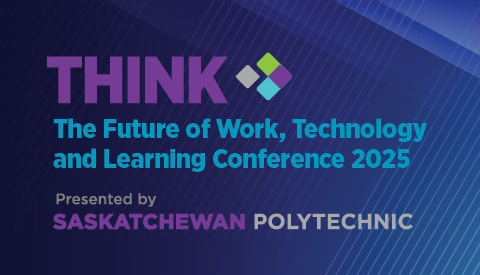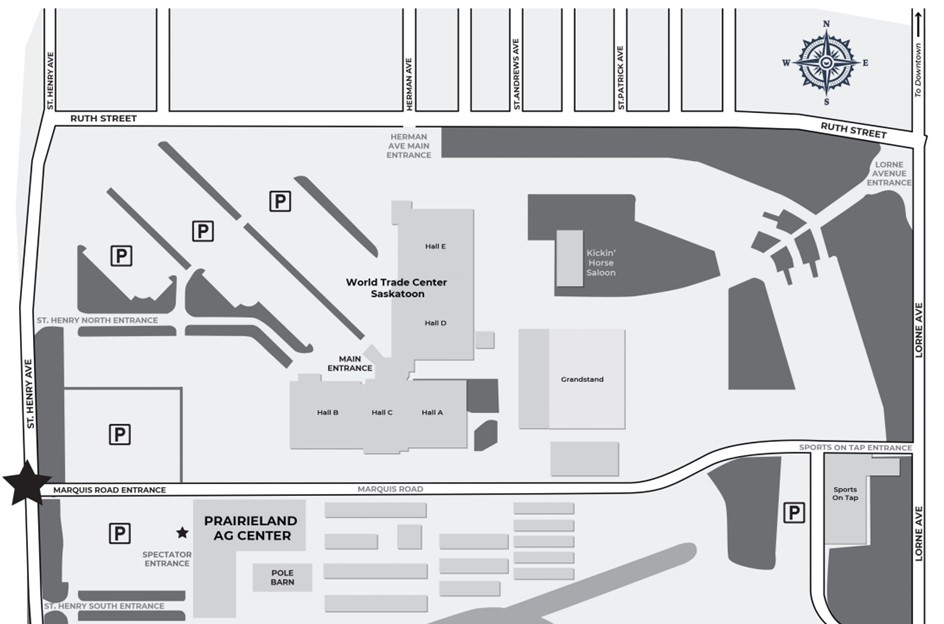



Stay tuned as we finalize our lineup of keynote speakers. We have some incredible industry leaders and innovators in store for you.
This not-to-be-missed program includes Keynote Speakers who will address the Future of Work, the Future of Technology, and the Future of Learning.
Registration is closed.
